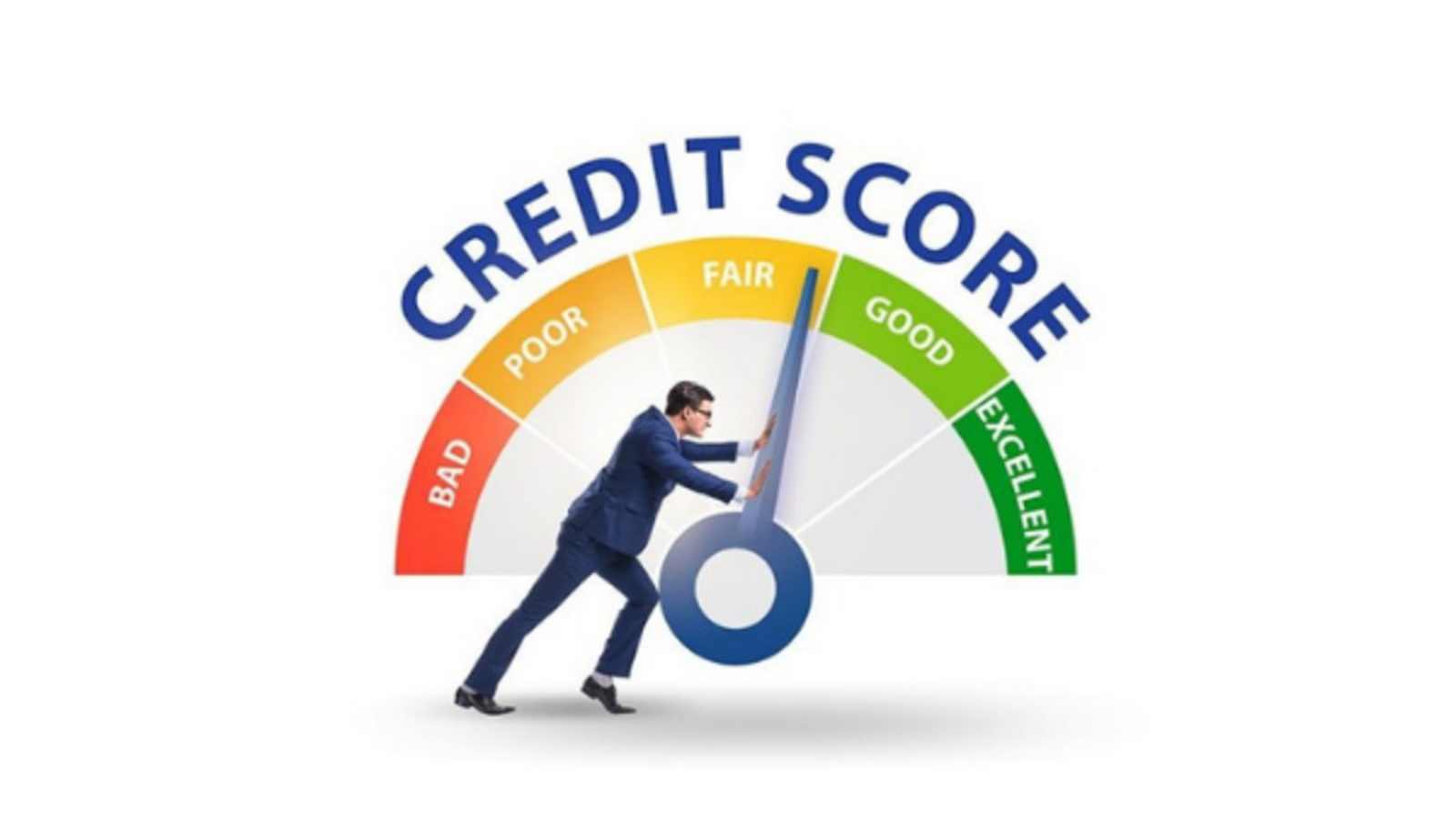Almost every financial institution checks the current CIBIL score of an applicant before sanctioning any loan or credit card application. This credit score shows the creditworthiness and financial behaviour of an applicant.
In this regard, one should know that several factors affect the CIBIL score. Continue reading this article to know these factors and their effect on credit scores.
Important factors that affect credit score
In this section, we are going to see the top 7 factors that affect the CIBIL score:
- Applicant’s financial behaviour
Payment history takes account for around 30% of the total CIBIL score. Hence, one should ensure to repay all the credit card bills and monthly instalments on time each month.
According to a report, a delay of 30 days in repayment can reduce the current CIBIL score by 100 points. In order to avoid such complications, one can set payment reminders. Irresponsible repayment behaviour negatively affects the credit score and reduces the chances of loan approvals in the long run.
- Credit utilisation ratio
The credit utilisation ratio plays a major factor in deciding the credit score of a person. This ratio is the proportion of the credit used against the total allotted credit limit. Financial experts recommend not using more than 30% of the total available credit to maintain a decent credit score.
Using most of the available limits indicates credit-hungry behaviour and can negatively affect the CIBIL score.
- Outstanding debts
Borrowers should clear off the outstanding dues however small the amount may be. Unpaid dues in the credit report reduce CIBIL scores.
- Applying for multiple credits within a short time
The number of hard enquiries rises when one applies for multiple credits over a short time period. These hard enquiries are recorded in the credit report and indicate that an individual is a “credit-hungry” applicant. This will lower the credit score significantly and increase the chances of loan rejections.
- Discrepancies in credit report
A credit report contains a detailed record of all past and current credit accounts of an individual. Even a slight error in a report can negatively hamper the credit score. Hence, you should check your CIBIL score and report on a regular basis to track the errors. Errors, such as wrong balance inputs, incorrect details, etc. can lower your credit score significantly. Further, checking the CIBIL score will allow you to understand if you have been a victim of identity theft.
- Credit mix
Maintaining a proper balance of unsecured and secured loans helps maintain a decent CIBIL score. Home loans and loan against property are examples of secured loans, while unsecured loans are personal loans, business loans, etc. Further, having a healthy credit mix indicates that an individual can manage different forms of loans responsibly.
- Old credit cards
Using a credit card is a good way to boost your credit score. Nevertheless, when a person closes old credit card accounts, he or she might lose the associated credit history of an account. Hence, if a card is old and does not lead to paying hefty annual fees, closing it will not be the best option.
How to check CIBIL score online without paying anything?
You can follow these simple steps in order to check your credit score for free:
Step 1: Visit the official portal of TransUnion CIBIL and register yourself.
Step 2: Next up, fill up the form properly with all the details, such as name, address, PAN number, etc.
Step 3: Finally, click on “Submit” button and a three-digit CIBIL score will be displayed on your screen.
Existing borrowers can avail of several pre-approved offers along with secured and unsecured credits. These offers fasten the loan application stage and allow quick disbursal of loan amount. One can check the pre-approved offers by feeding in a few details on a lender’s website.
To sum it up, these are the top seven factors that affect your current CIBIL score. Keeping these factors in check will help you maintain a decent credit score thereby making you eligible for several benefits on loans and other credit instruments.



